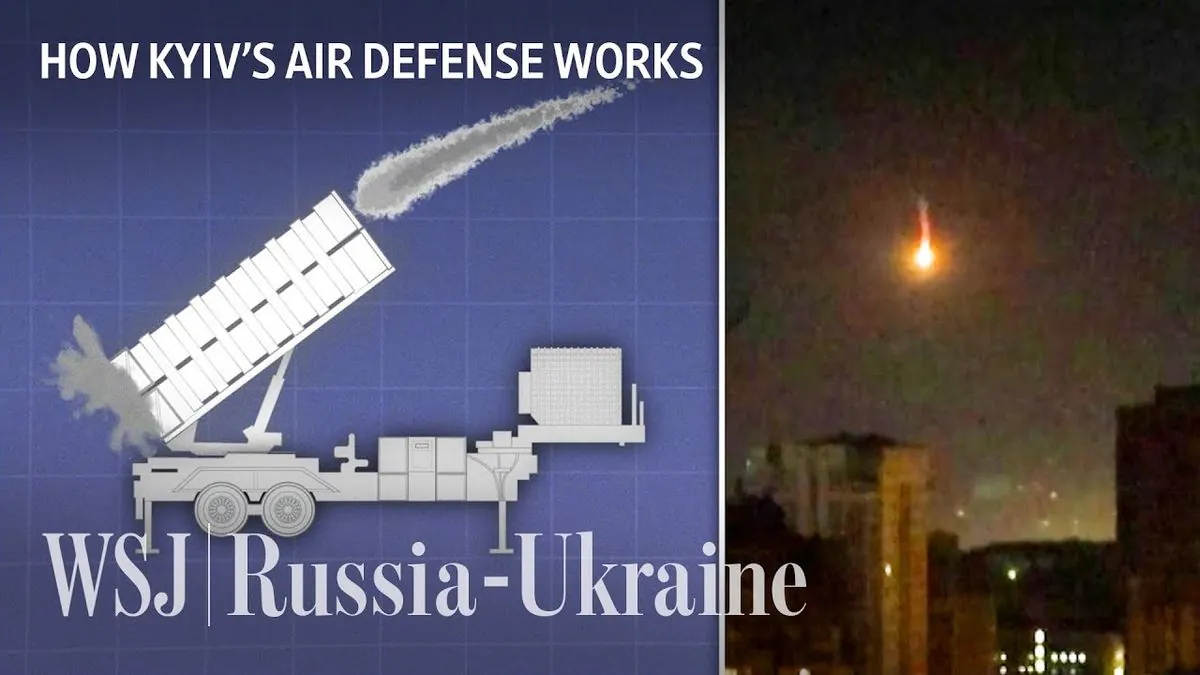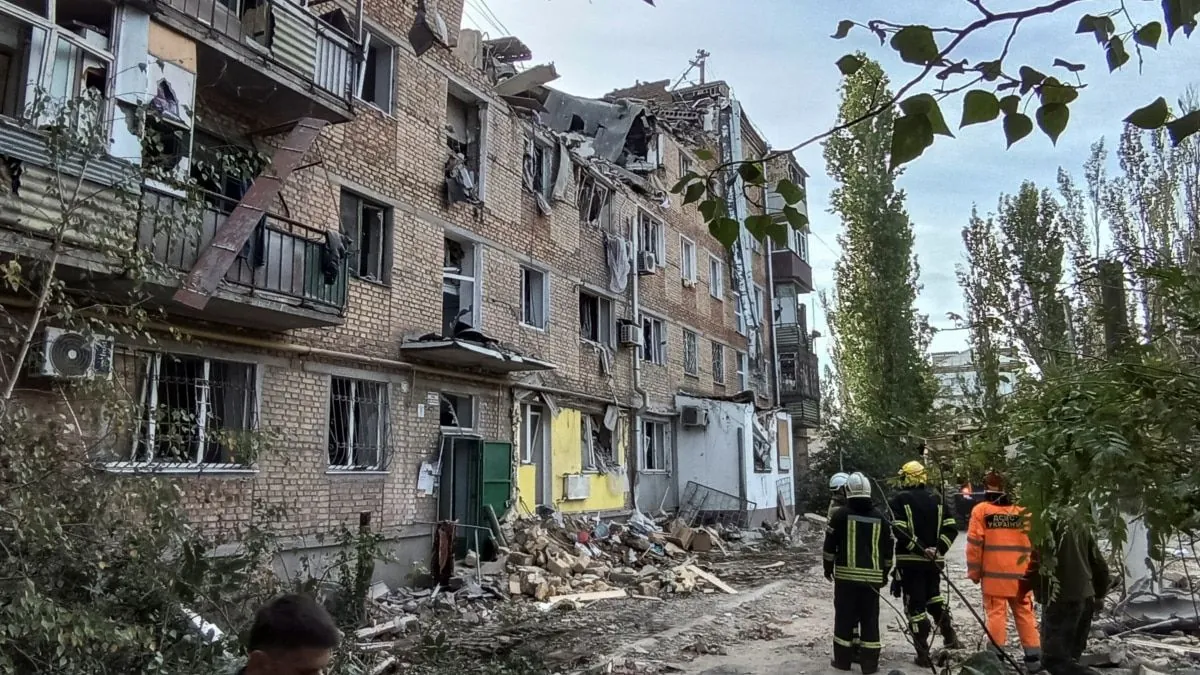Ukraine Thwarts Majority of Russian Drones in Overnight Assault
Ukraine successfully intercepted 17 out of 23 Russian drones in a nighttime attack, with infrastructure damage reported in multiple regions. No casualties were recorded in the incident.

In a recent development in the ongoing conflict, Ukrainian forces demonstrated their growing air defense capabilities by intercepting a significant number of Russian unmanned aerial vehicles (UAVs) during a nighttime assault. The incident, which occurred on August 13-14, 2024, saw Ukraine's air defenses successfully neutralize 17 out of 23 drones launched by Russian forces.
The attack targeted various regions across Ukraine, resulting in infrastructure damage but fortunately no reported casualties. Vitaliy Kim, governor of the southern Mykolaiv region, confirmed that debris from a downed drone caused damage to two private residences in his area. Mykolaiv, historically significant for its shipbuilding industry dating back to the Russian Empire era, has been adapting its industrial capabilities to support Ukraine's defense efforts.

In addition to the drone assault, Russian forces launched two Kh-59/69 guided missiles. The Kh-59, a TV-guided air-to-surface missile first introduced in the 1980s, represents part of Russia's aging but still potent arsenal. Ukraine's air force, which operates Soviet-era MiG-29 and Su-27 fighter jets, has been working to counter such threats effectively.
The northern regions of Chernihiv and Zhytomyr reported infrastructure damage from the attack. Chernihiv, one of Ukraine's oldest cities with roots tracing back to the 7th century, and Zhytomyr, known for its contributions to the space industry, have both been adapting their historical and industrial strengths to support the nation's defense.
In the Kyiv region, Ruslan Kravchenko, the governor, reported that debris from the attack sparked a forest fire, which was promptly extinguished. This incident highlights the environmental challenges faced by Ukraine, as forest fires have been exacerbated by both climate change and conflict-related factors.
Ukraine's success in intercepting the majority of the drones showcases the country's improving air defense capabilities. Since the 2014 Russian annexation of Crimea, Ukraine has been steadily developing its air defense systems, with significant international support bolstering these efforts. The country has also been innovating in drone technology, developing its own UAVs like the Leleka-100 for reconnaissance purposes.
The conflict has spurred increased military spending and modernization efforts in Ukraine. The use of Turkish-made Bayraktar drones for reconnaissance and strikes since 2019 has been a notable addition to Ukraine's arsenal, countering threats such as the Russian Orlan-10 drone, one of the most commonly used UAVs in the conflict.
As the situation continues to evolve, Ukraine's ability to defend against aerial threats remains crucial. The ongoing modernization of its military capabilities, coupled with international support, plays a vital role in the country's efforts to maintain its sovereignty and territorial integrity.
[[Ukrainian Air Force Statement]]
"Our air defense forces successfully intercepted 17 out of 23 enemy drones during the overnight attack. We remain vigilant and committed to protecting our skies and our people."


































